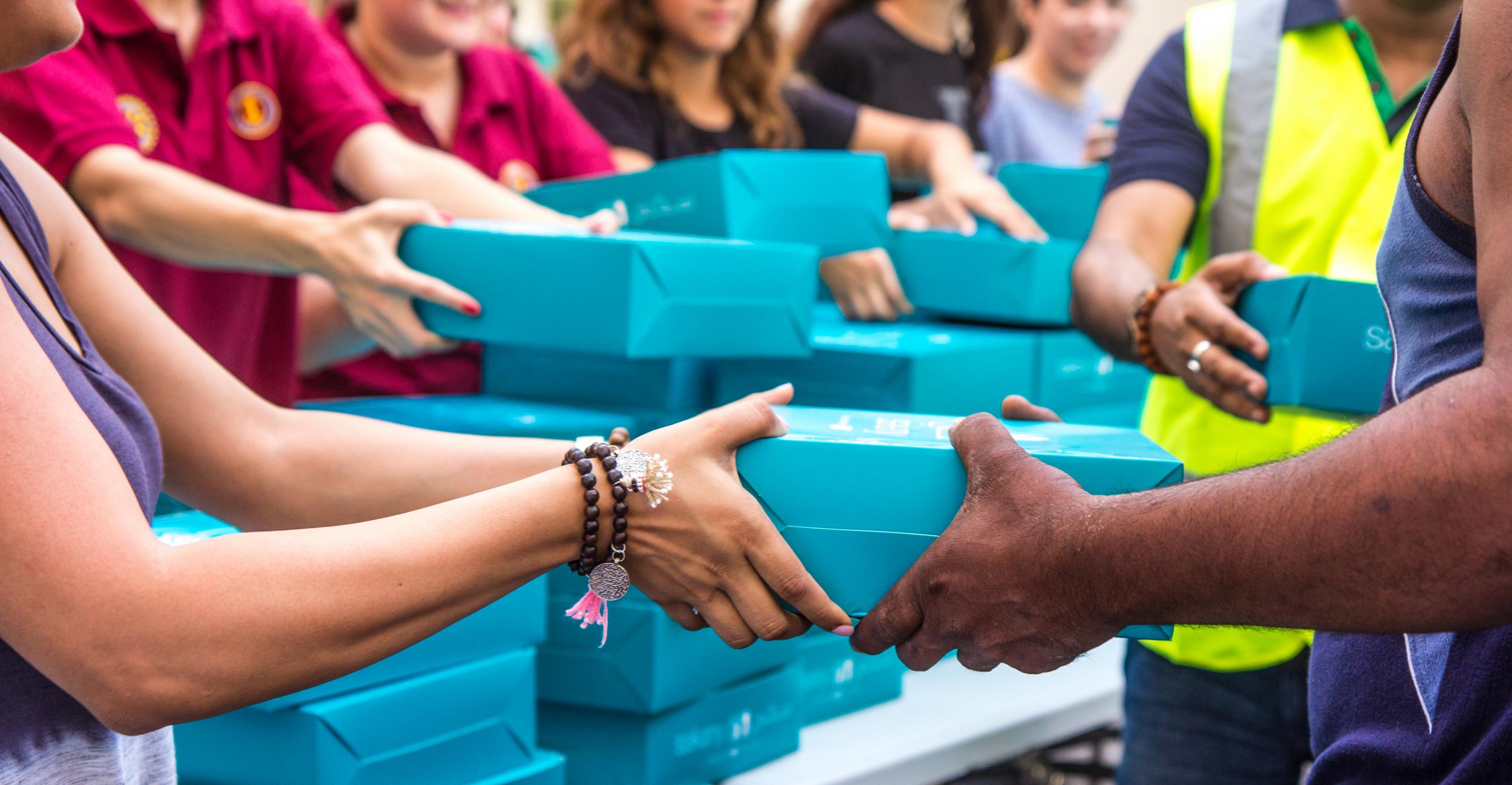The volunteer groups that underpin Britain's minorities are going unrecognised – but you can help
But despite the number of ethnic minority groups providing voluntary services to our local communities, not enough of them were represented on the list for this years Queen’s Award for Voluntary Service

Your support helps us to tell the story
From reproductive rights to climate change to Big Tech, The Independent is on the ground when the story is developing. Whether it's investigating the financials of Elon Musk's pro-Trump PAC or producing our latest documentary, 'The A Word', which shines a light on the American women fighting for reproductive rights, we know how important it is to parse out the facts from the messaging.
At such a critical moment in US history, we need reporters on the ground. Your donation allows us to keep sending journalists to speak to both sides of the story.
The Independent is trusted by Americans across the entire political spectrum. And unlike many other quality news outlets, we choose not to lock Americans out of our reporting and analysis with paywalls. We believe quality journalism should be available to everyone, paid for by those who can afford it.
Your support makes all the difference.Nine years ago, David Cameron launched the Big Society, “encouraging people to take an active role in their communities” through volunteering. However for many of our diverse and minority immigrant communities, local voluntary groups have been providing essential services for them to thrive and progress ever since they first settled here.
This may have been partly due to the need to navigate a complex bureaucracy, as well as some communities’ mistrust of the establishment. There is also a long tradition of voluntary service in these under-represented communities, which stems from their countries of origin or the faith they practice: from Indian Sikh voluntary groups providing food to the homeless to Polish Catholic communities providing English lessons.
But despite the number of ethnic minority groups providing voluntary services to our local communities, not enough of them were represented on the list for this years Queen’s Award for Voluntary Service (QAVS). Overshadowed by the main honours list, the QAVS is also a part of the honours system and is the highest award given to volunteer groups across the UK, recognising exceptional service within their communities.
Despite a record number of nominations and recipients this year, voluntary groups from our diverse communities are still not adequately represented compared to their place in society as a whole.
Some do get recognised. If it wasn’t for award winners like “Descendants”, an Acton-based arts-focused community project, hundreds of young people of African and Caribbean descent would not have developed a knowledge of their ancestry, how to use this to celebrate their abilities and have a positive social impact locally.
The growing increase of knife and gang crime would be worse if it wasn’t for the work by volunteers from groups like the award winners “Fitzrovia Youth in Action.” Set up by young people, they support disadvantaged youth in developing projects which support the issues they care about including community cohesion, healthy living, conflict, drugs and alcohol.
These are just two examples of the hundreds of exceptional ethnic minority voluntary groups across our country, groups who are making a real change in our society. A number of these voluntary groups, who are now becoming more important than ever, rely on the support and recognition of the impact of their work to survive.
A national honour is both a vindication of those efforts and an encouragement for the future. And more, honouring these volunteering groups can act as a way to heal wounds and provide recognition for communities that may feel increasingly disenfranchised, which is hugely important in an increasingly fractious and polarised society.
The government sets out clear guidelines, on how to nominate a voluntary group. But we will only increase the recognition of our country’s diverse voluntary groups if we actually nominate them. Nominations for the 2020 awards close on 13 September 2019, so nominate a group today – you may well be pleasantly surprised.
Harris Bokhari is founder of the Patchwork Foundation
Join our commenting forum
Join thought-provoking conversations, follow other Independent readers and see their replies
Comments